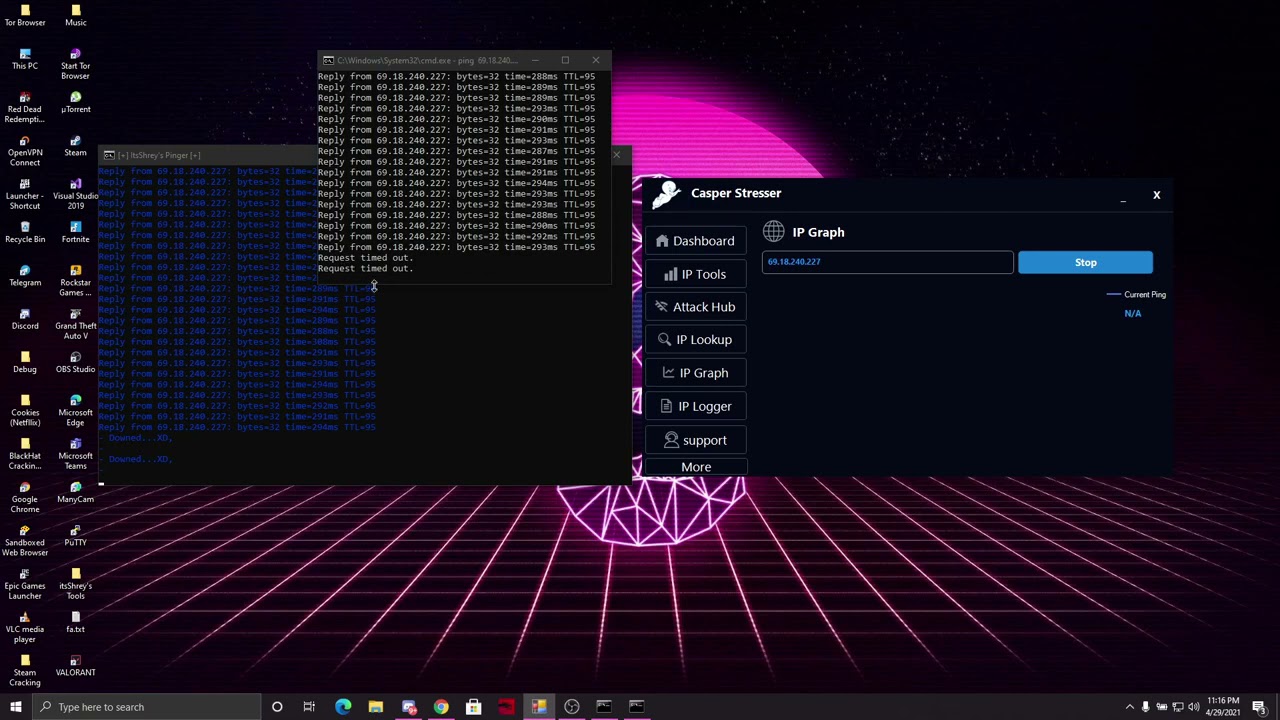

In fact, if all network operators (enterprises, service providers, and so forth) universally blocked IP address spoofing, it would render attackers incapable of launching spoofed DDoS attacks. If a network operator blocks this type of activity, it has zero impact on legitimate traffic. Spoofing the source IP address forces an unwilling service to send its replies to the victim under attack.īut there’s no practical reason to allow spoofed traffic on the internet. This is a preferred move by attackers when launching reflection/amplification attacks. IP address spoofing occurs when a device forges its source address for the purpose of impersonating another device. In fact, enterprises and service providers can block 90 percent of DDoS attacks with two simple steps: blocking IP address spoofing and controlling inbound traffic.

It’s not a matter of if a company will be impacted by a DDoS attack: It will happen.īut enterprises don’t have to cower and wait for the inevitable to occur. You only need to consider that more than 4.4 million distributed denial-of-service (DDoS) attacks occurred in 2H 2021 to know with certainty that such attacks are always happening.


 0 kommentar(er)
0 kommentar(er)
